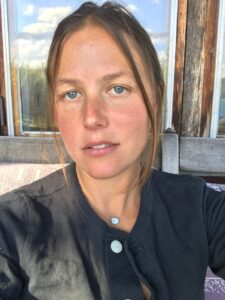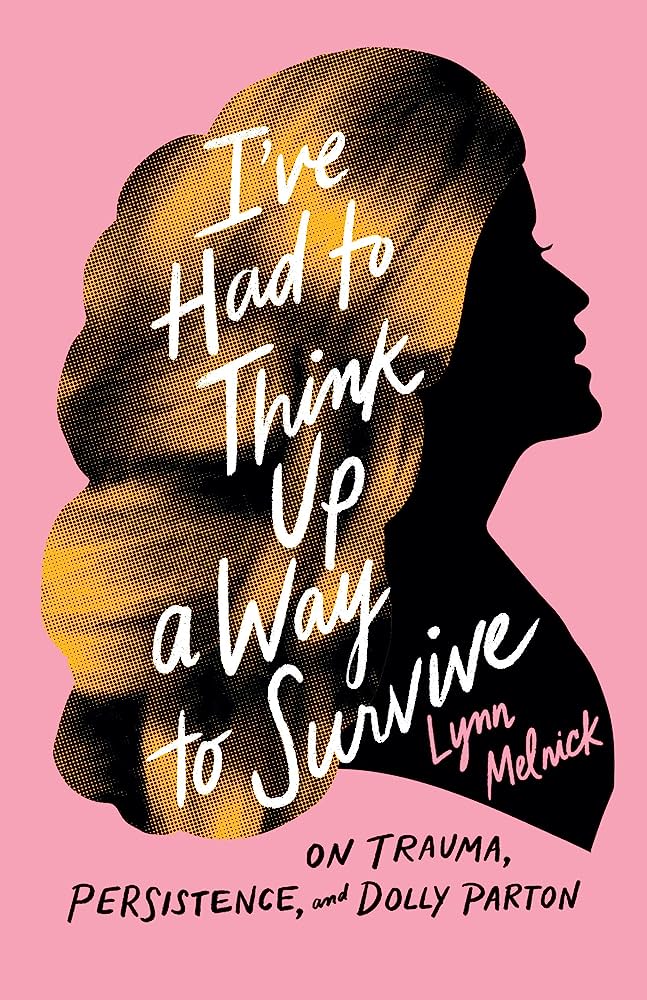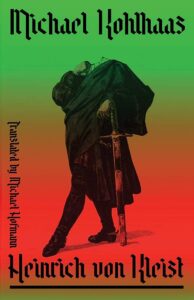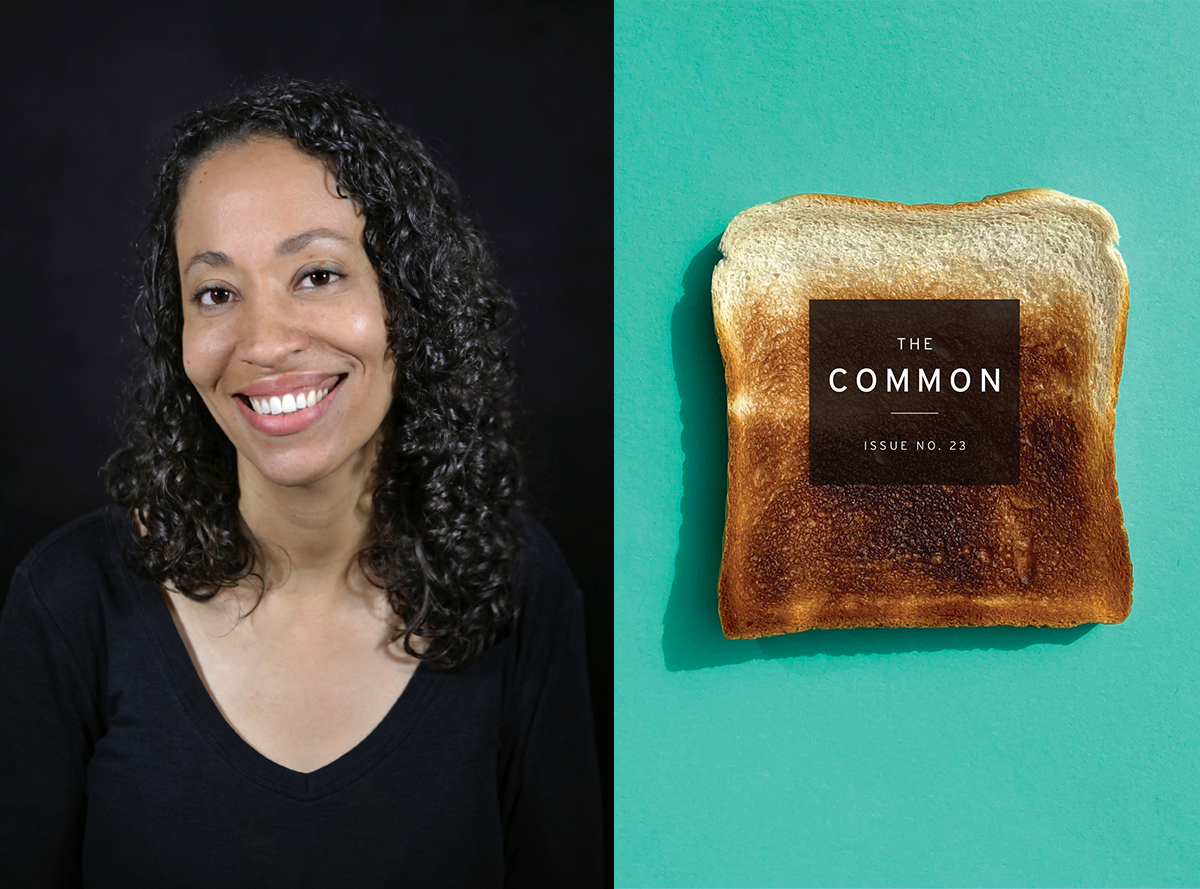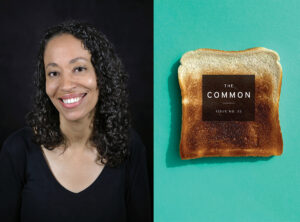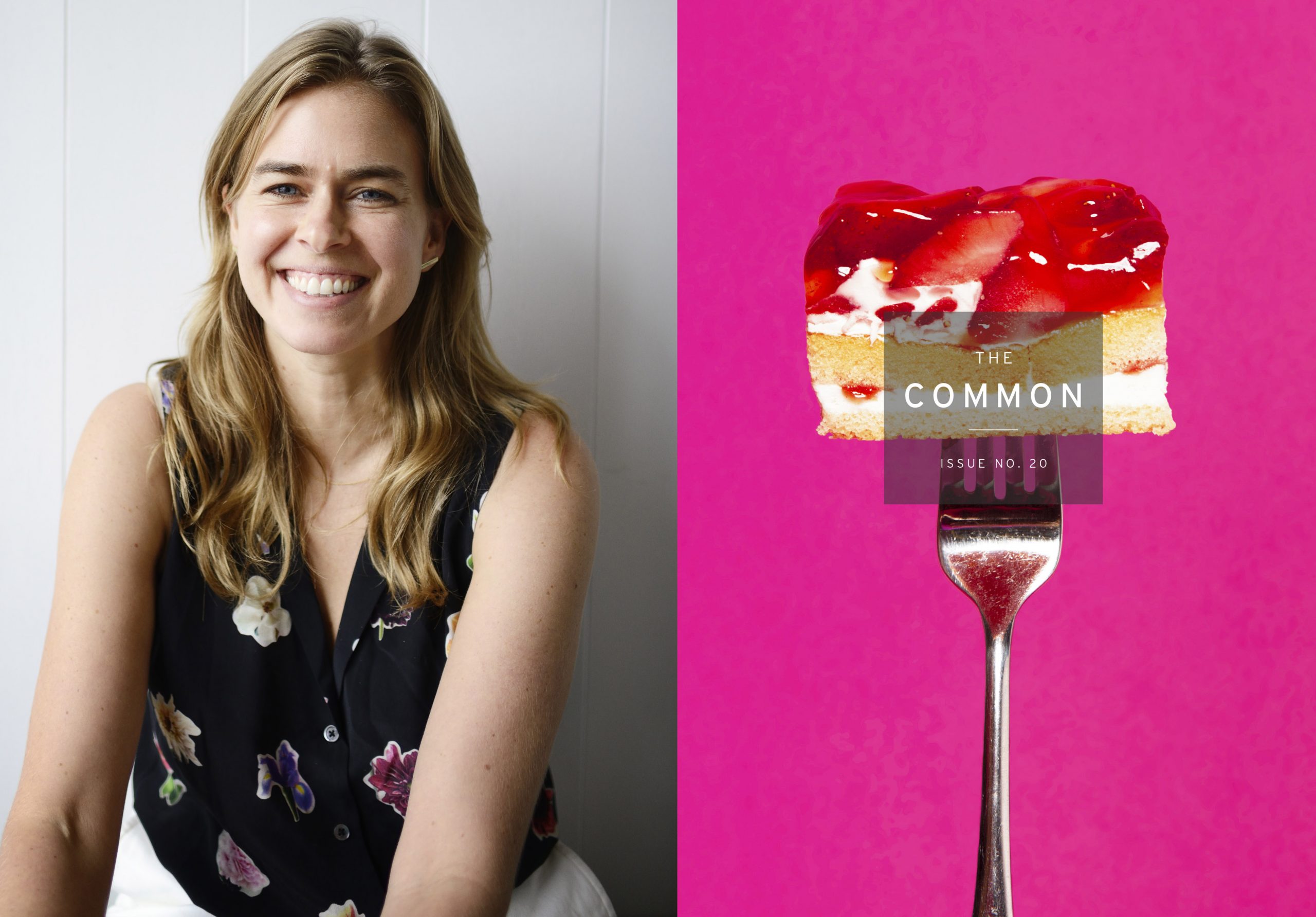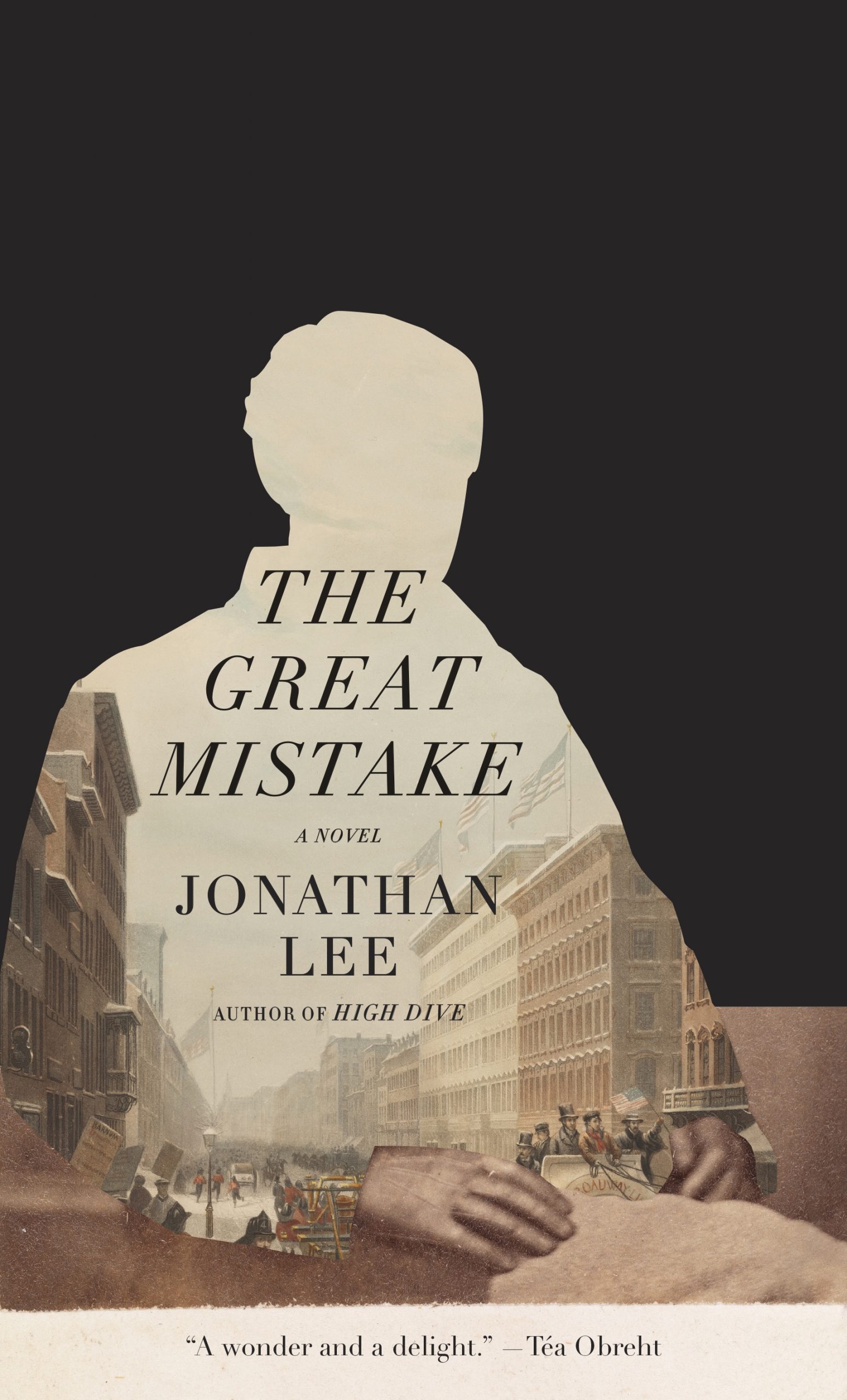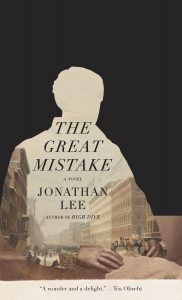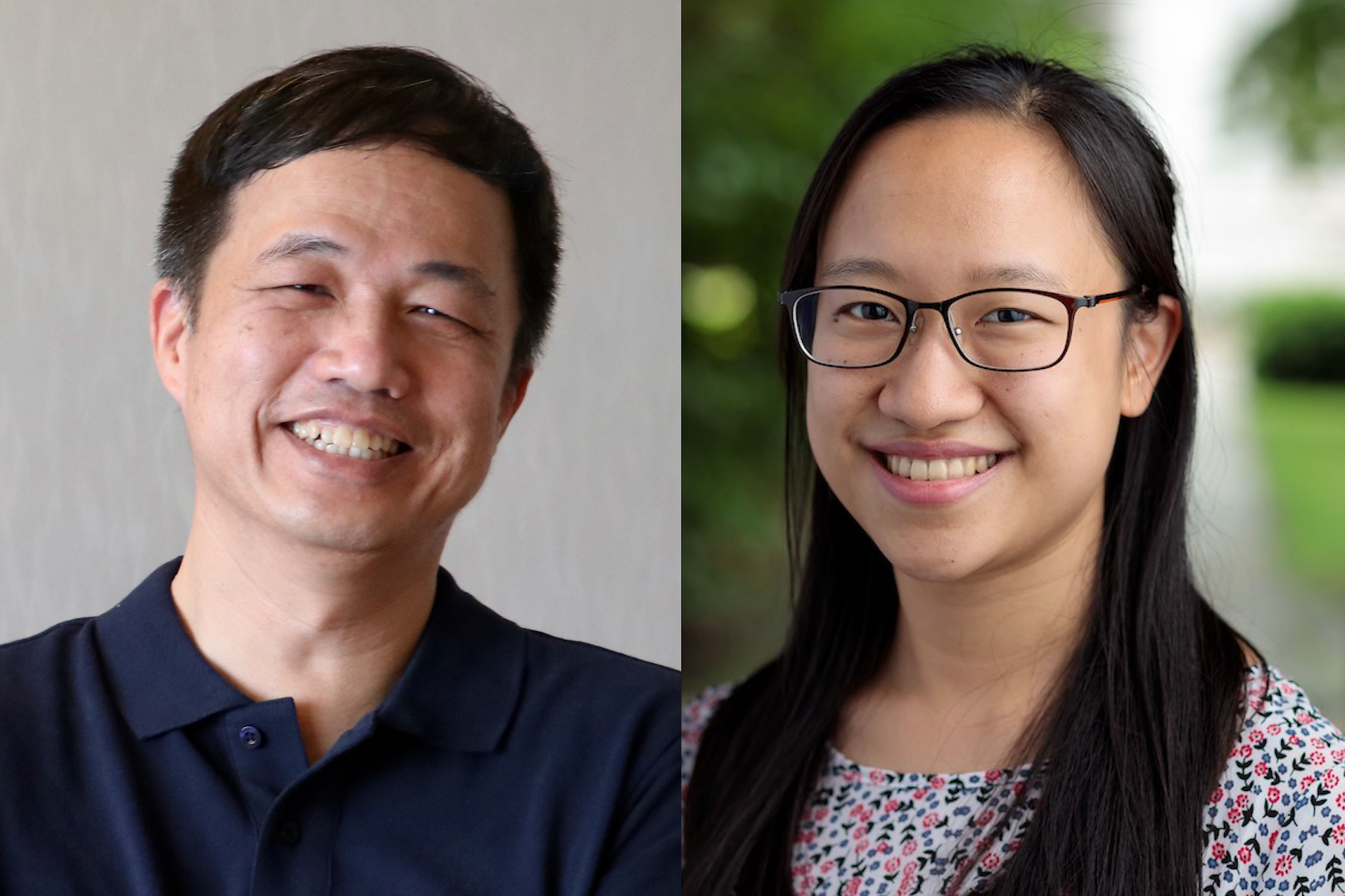By DARLENE WEST
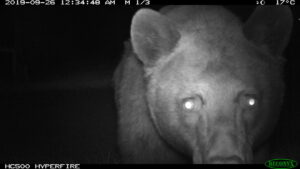
British Columbia, Canada
In the mornings, I like to follow our border collie on his nose-to-the-ground rounds: out to the creek at the edge of our land; up to the vegetable garden near the foothills; across the back yard. Sometimes, the hair on the back of his neck stands up.
Our farm land in southern British Columbia borders a mountainous wilderness. My husband and I find curiosities on our property all the time: peaches picked from our trees; tunnels under our fences; grape cluster stems, cleaned of berries. Now and then, feeding our fascination with the unknown: strips of grass, chiseled out of the lawn, coiled like jelly rolls. What roams around here at night after we turn out the lights?
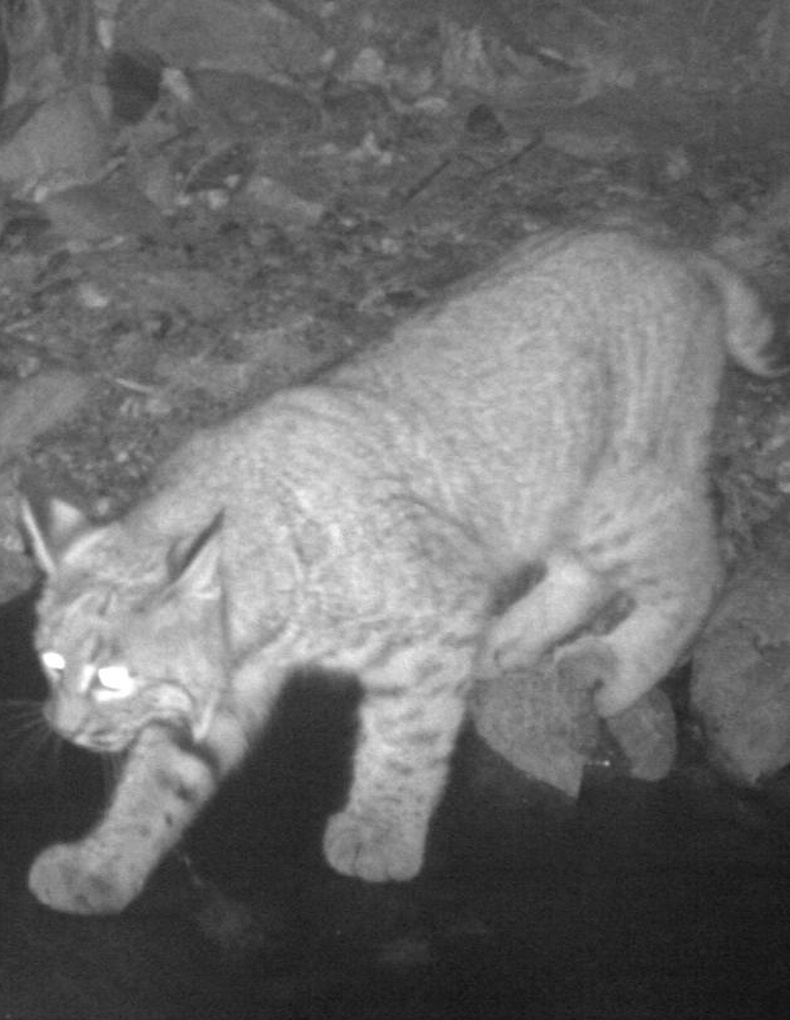
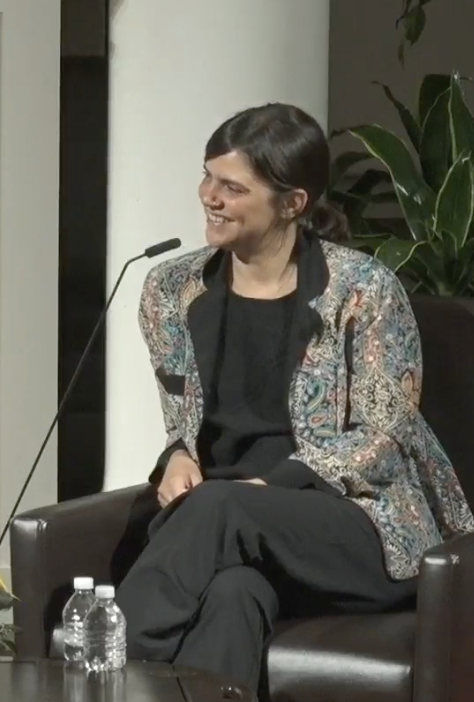
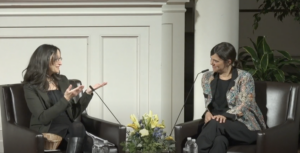
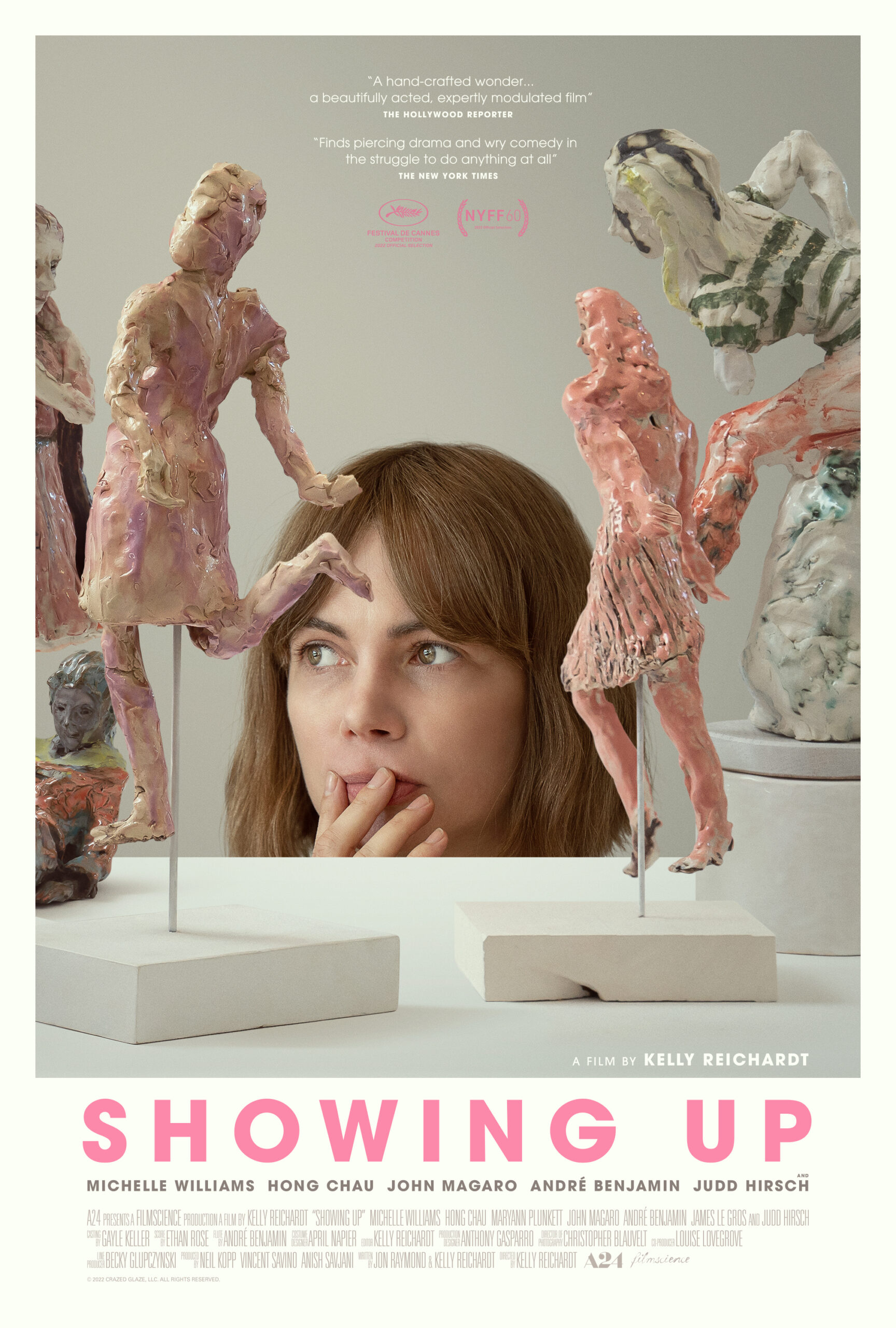
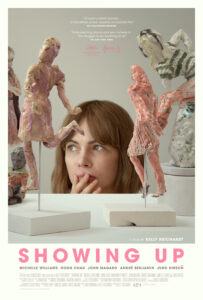
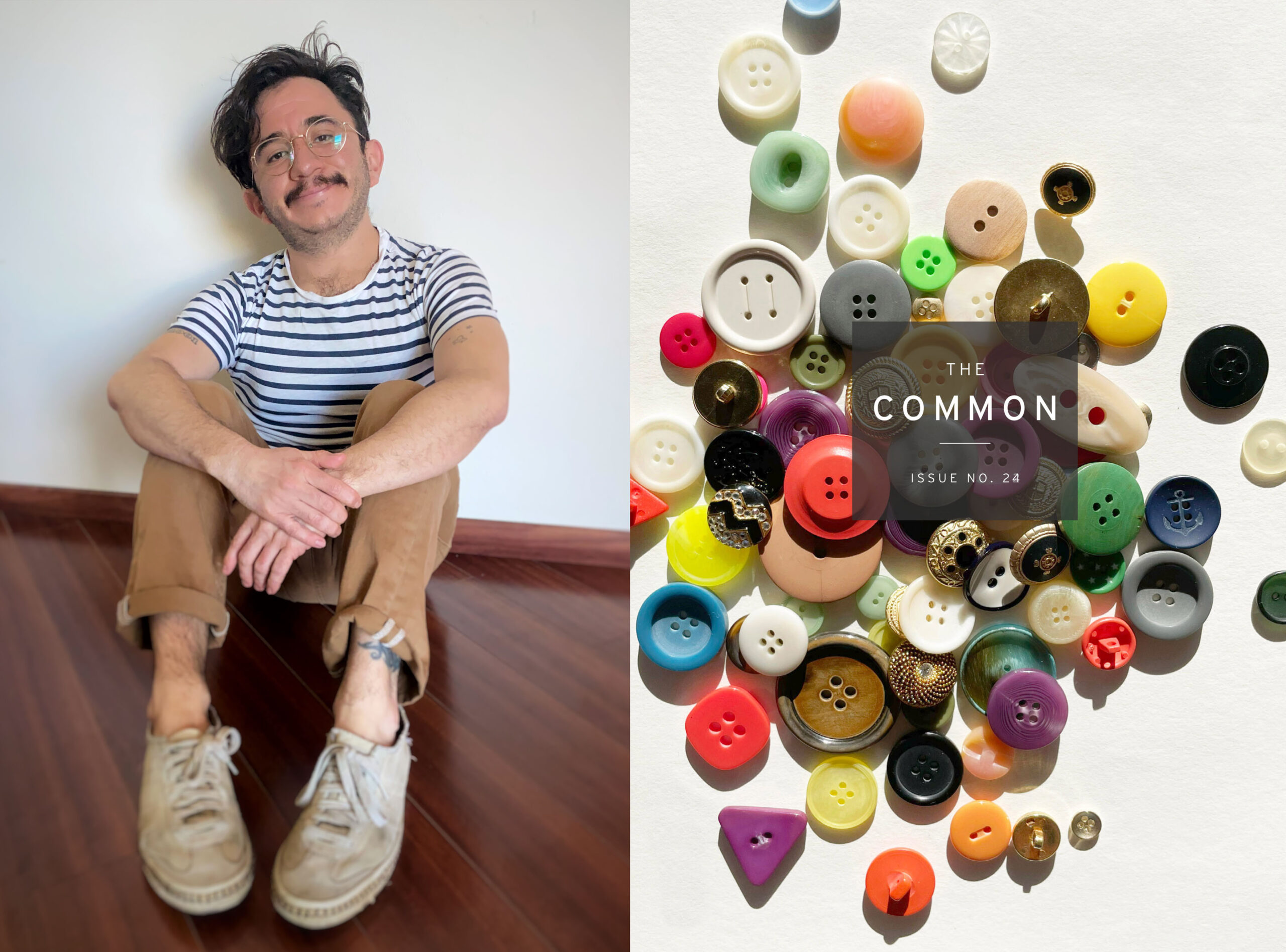
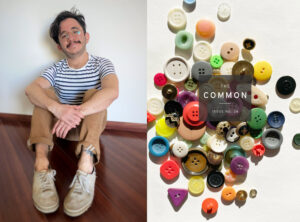
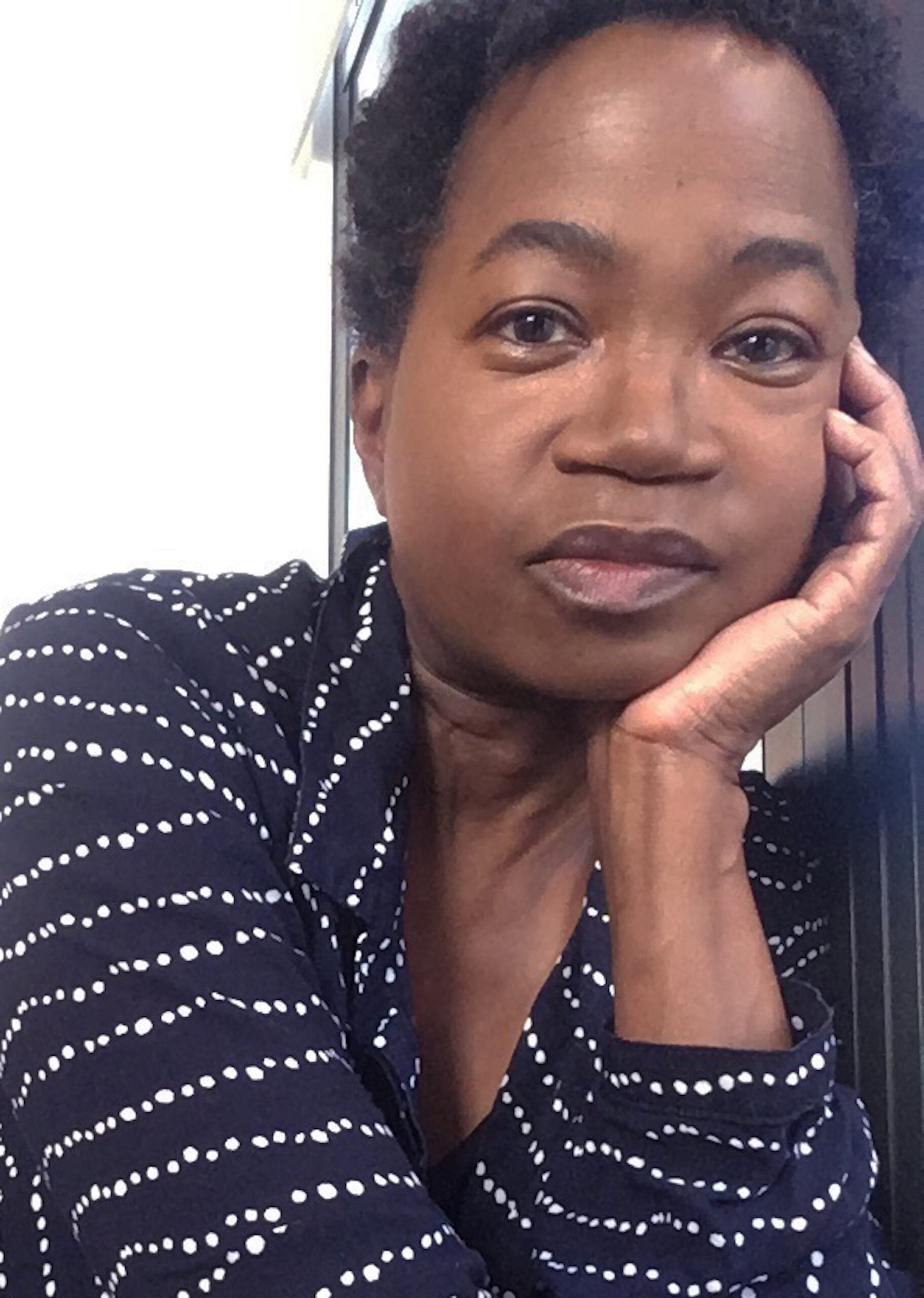
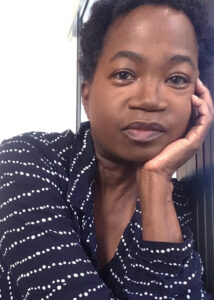 .
. 